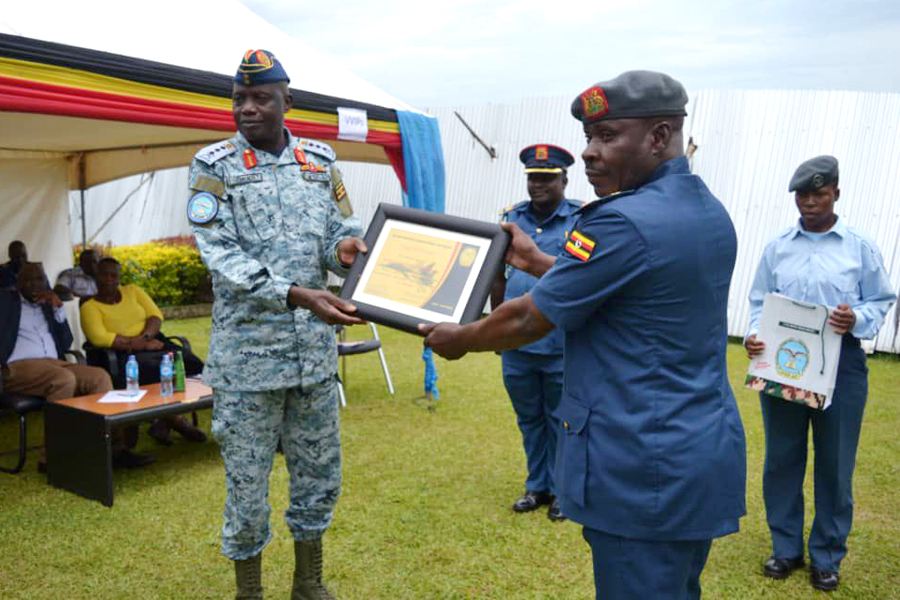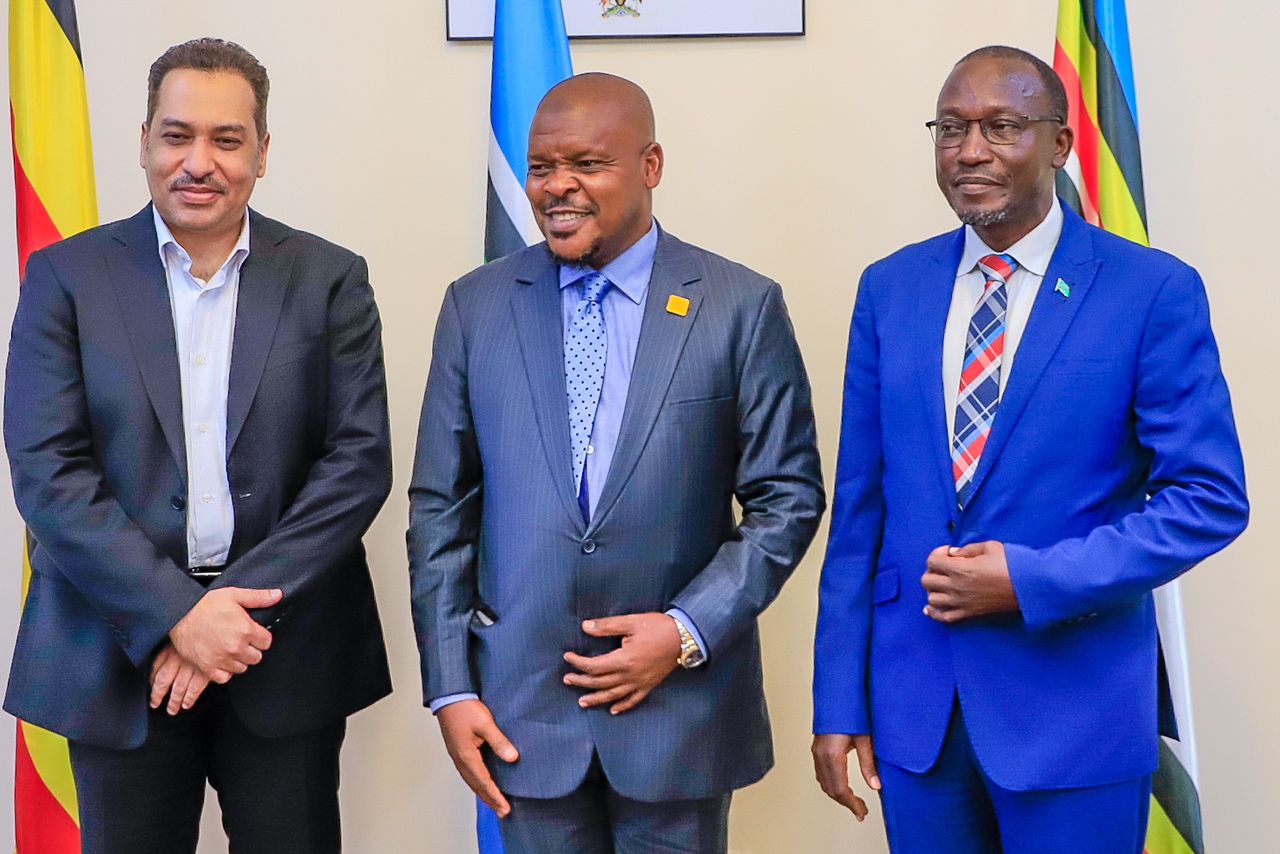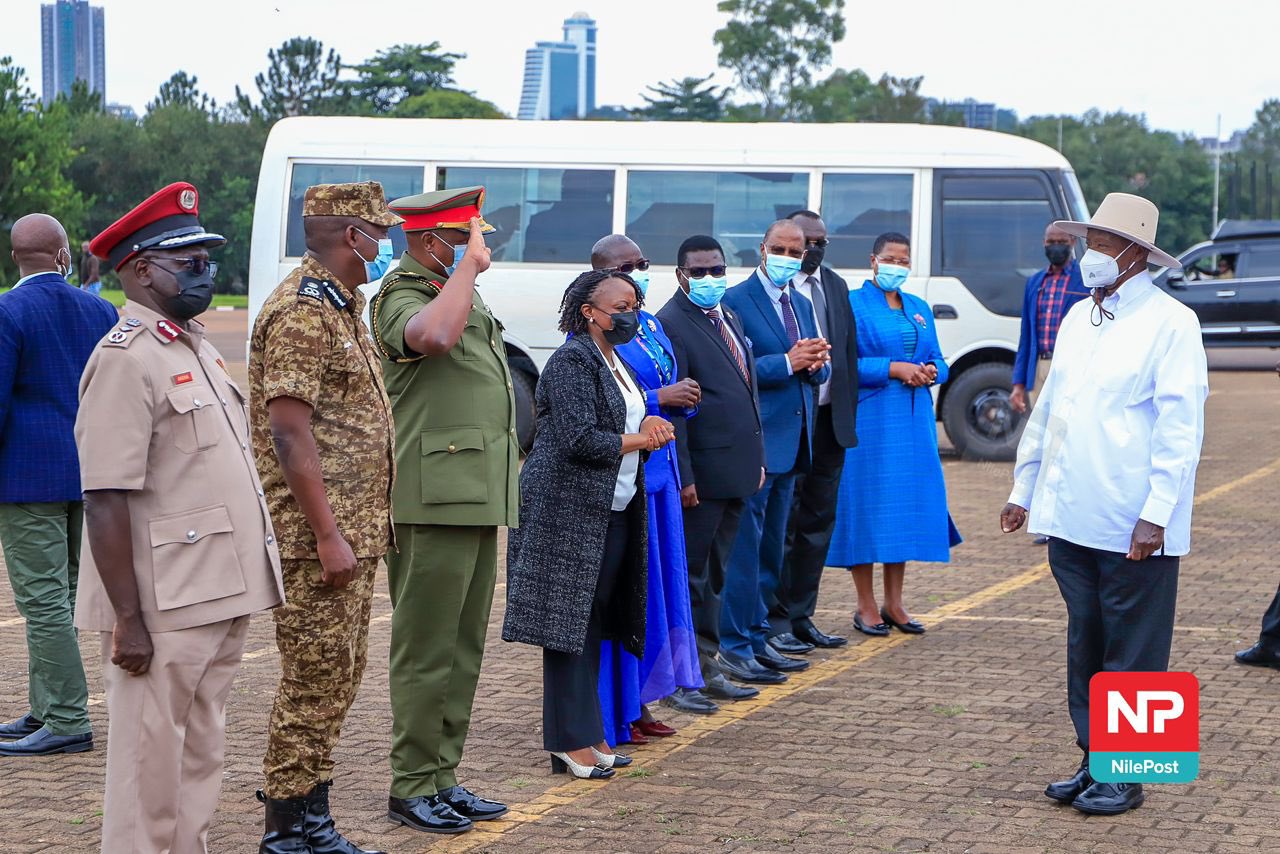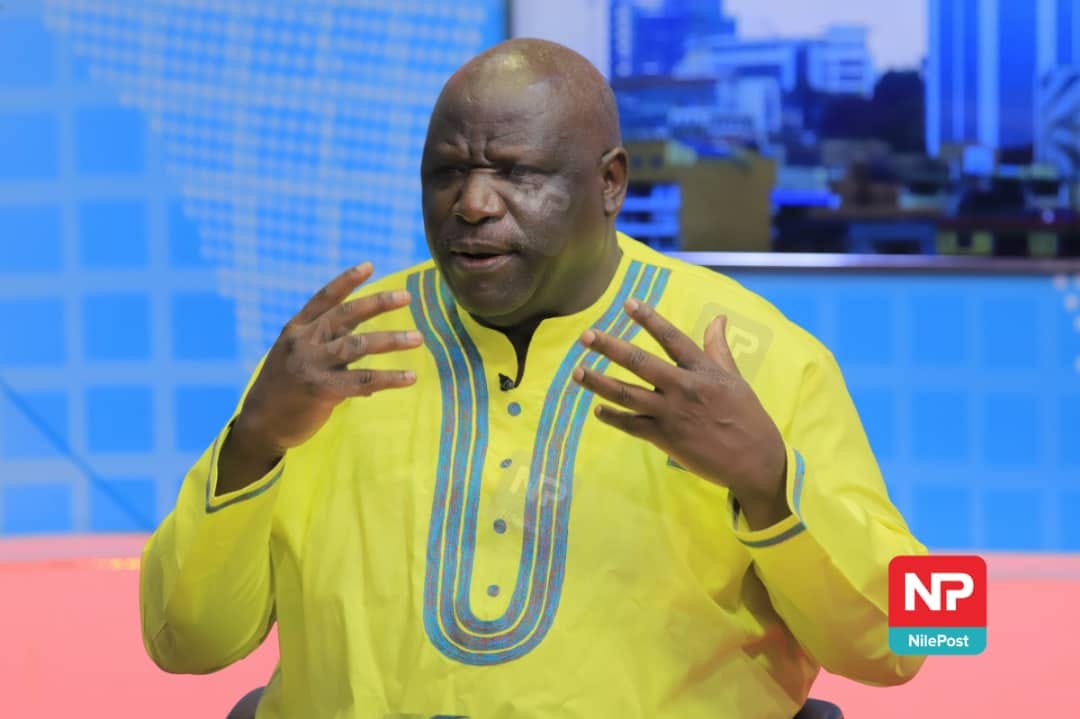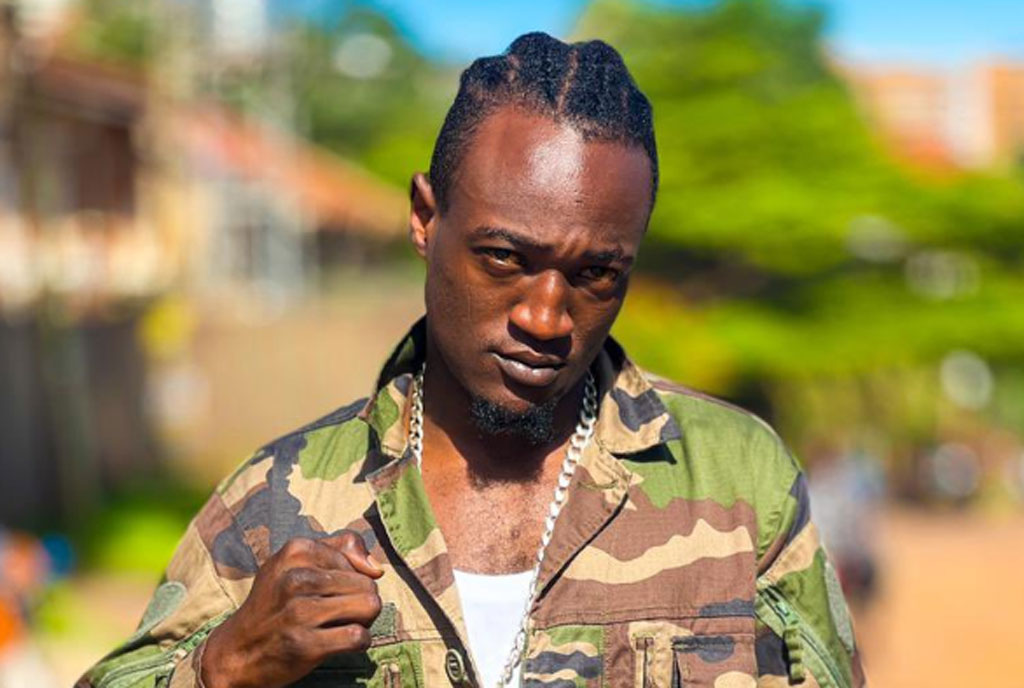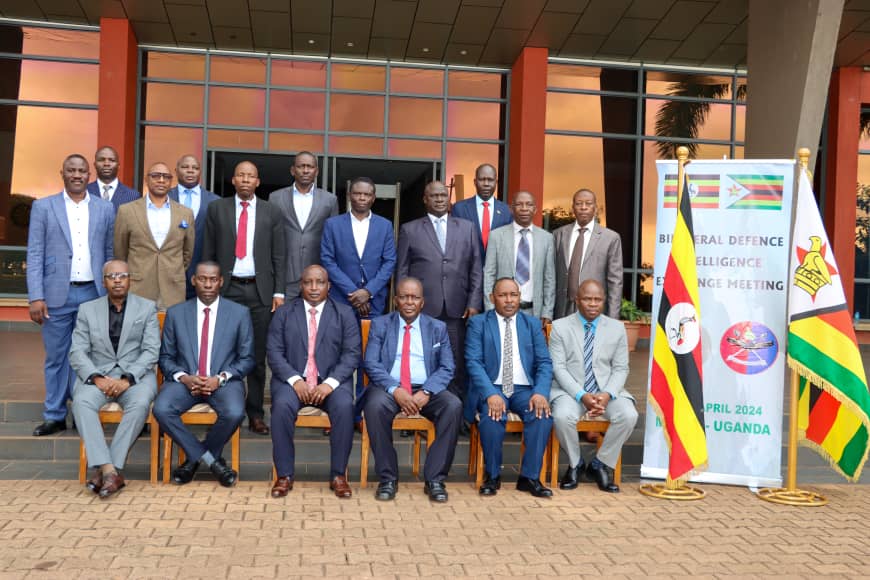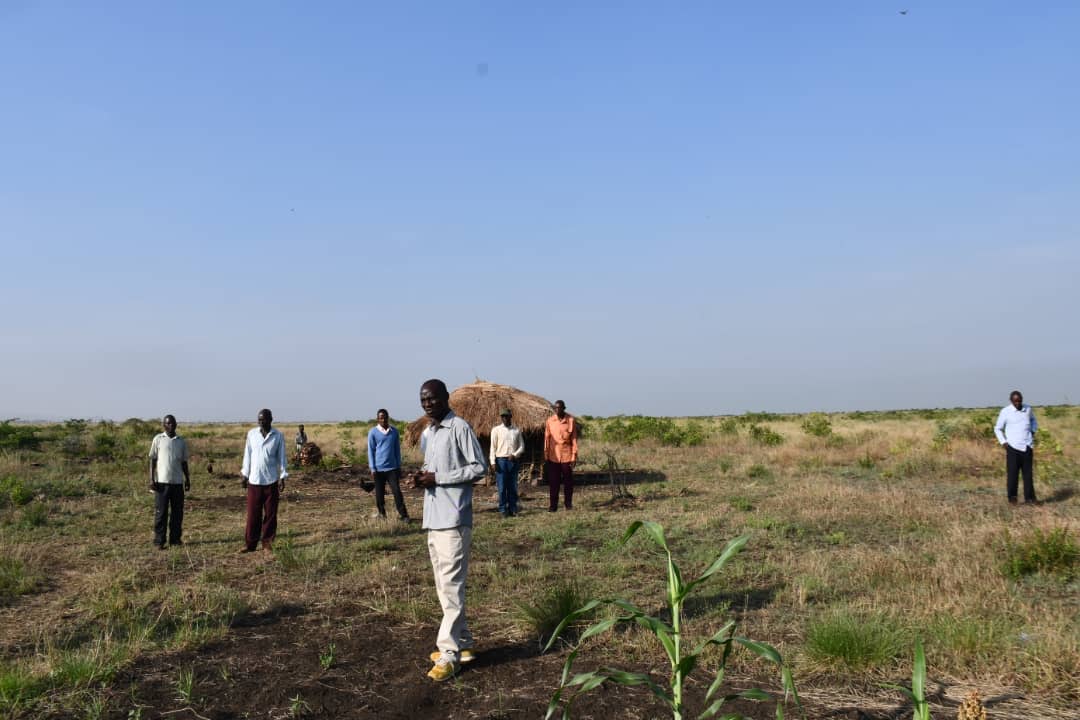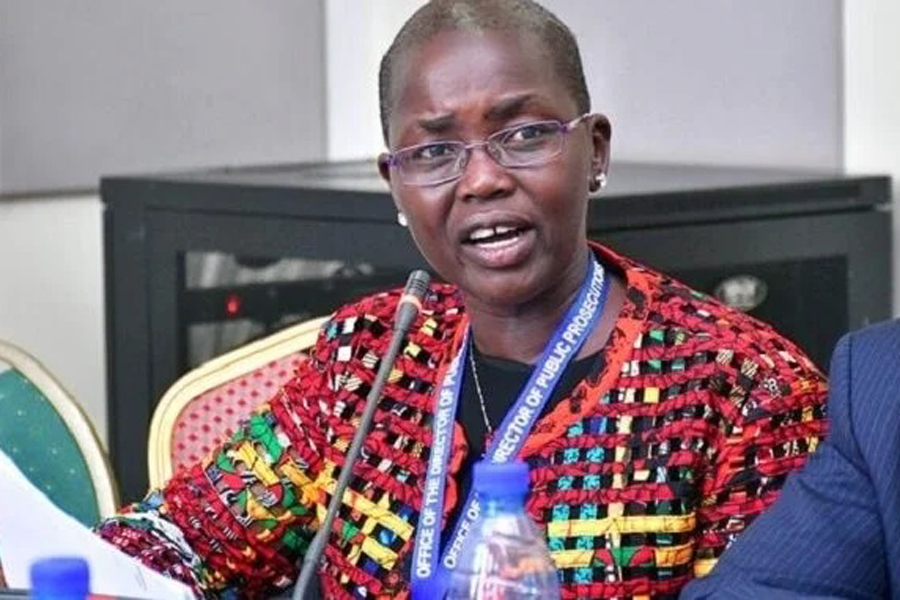WHO urges cancelling some holiday events over Omicron fears
The World Health Organization has urged people to cancel some of their holiday plans to protect public health, as the Omicron variant spreads globally.
"An event cancelled is better than a life cancelled," said WHO head Dr Tedros Adhanom Ghebreyesus, adding that "difficult decisions" must be made.
A number of countries have acted to try to halt the spread of the variant, including imposing travel curbs.
In the US, Omicron is now dominant, accounting for 73% of new infections.
President Joe Biden is expected to address the nation on Tuesday but the White House said he was not planning on "locking the country down".
The country's top infectious disease expert, Dr Anthony Fauci, earlier warnedthat Christmas travel would increase the spread of Omicron even among the fully vaccinated.
Americans are now advised against travel to more than 80 nations that appear on the Centers for Disease Control and Prevention's Very High list for Covid-19, including almost all of Europe.
France and Germany are among the nations imposing travel curbs to tackle Omicron, while the Netherlands has introduced a strict lockdown over the Christmas period.
In the UK, Prime Minister Boris Johnson said on Monday that the government needed to "reserve the possibility" of bringing in new rules in England as Omicron cases surged, but did not announce further restrictions.
New Year's Eve celebrations in London's Trafalgar Square have been cancelled "in the interests of public safety", Mayor Sadiq Khan said.
And on Tuesday, New Zealand postponed its phased reopening to international travel until the end of February at least.
Omicron - first detected in South Africa in November - has been classed as a "variant of concern" by the WHO.
Speaking at a briefing on Monday, Dr Tedros said there was now evidence that the variant was "spreading significantly faster" than the previous dominant version, Delta.
The WHO has also said it would be "unwise" to conclude from early evidence that Omicron was a milder variant.
Dr Tedros said that "all of us are sick of this pandemic. All of us want to spend time with friends and family. All of us want to get back to normal".
But he said that everyone, "leaders and individuals", had to make difficult decisions to protect people, including by cancelling or delaying events.
"It's better to cancel now and celebrate later than to celebrate now and grieve later," Dr Tedros said.
He also said that the pandemic could be ended in 2022 - if 70% of the population of every country of the world was vaccinated by the middle of next year.
He also said that China, where the outbreak is believed to have started in 2019, must provide more data on the origins, to help with future policy on tackling pandemics.
Source: BBC


